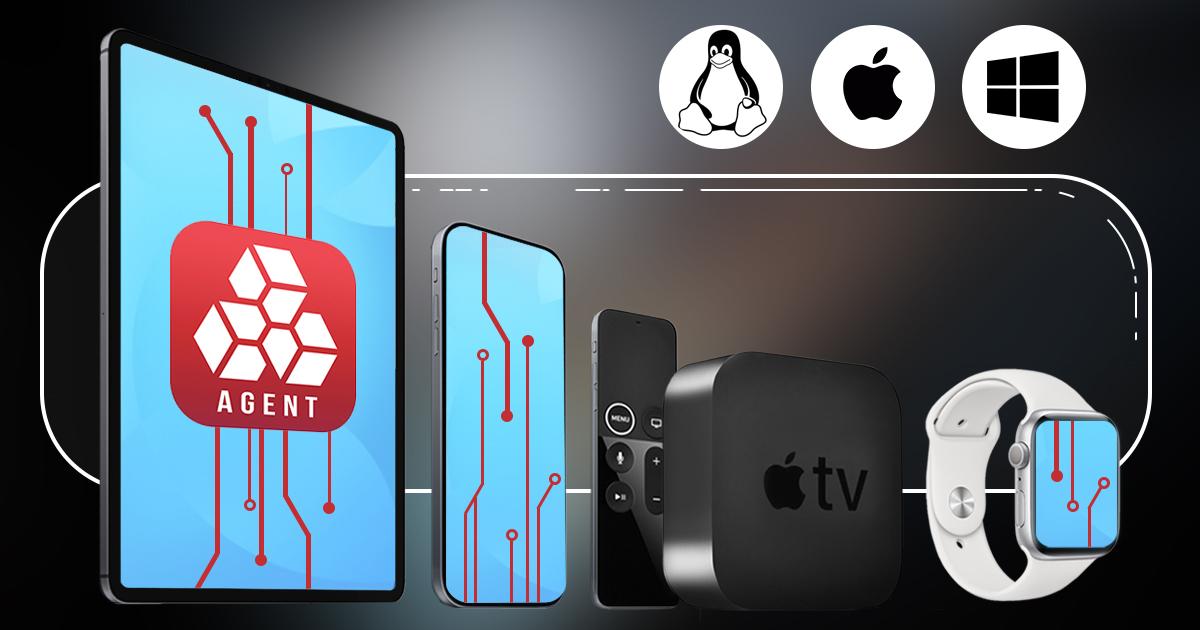Twelve years ago, we introduced an innovative way of accessing iPhone user data, retrieving iPhone backups straight from Apple iCloud. As our iCloud extraction technology celebrates its twelfth anniversary, it’s a fitting moment to reflect on the reactions it has provoked within the IT community. Let us commemorate the birth of the cloud extraction technology, recap the initial reactions from the forensic community, and talk about where this technology stands today.
Apple offers by far the most sophisticated solution for backing up, restoring, transferring and synchronizing data across devices belonging to the company’s ecosystem. Apple iCloud can store cloud backups and media files, synchronize essential information between Apple devices, and keep highly sensitive information such as Health and authentication credentials securely synchronized. In this article we’ll explain what kinds of data are stored in iCloud and what you need to access them.
Apple ecosystem includes a comprehensive backup ecosystem that includes both local and cloud backups, and data synchronization with end-to-end encryption for some categories. Today we’ll discuss the iCloud backups, particularly targeting issues that are not covered in the official documentation.
In just a few weeks, the new iPhone range will be released. Millions of users all over the world will upgrade, migrating their data from old devices. While Apple has an ingenious backup system in place, it has quite a few things behind the scenes that can make the migration not go as smooth as planned. How do you do the migration properly not to lose anything?
One of the main problems of iCloud forensics (unknown account passwords aside) is the sporadic nature of cloud backups. Experts often find out that a given user either does not have device backups in their iCloud account at all, or only has a very old backup. This happens primarily because of Apple’s policy of only granting 5GB of storage to the users of the free tier. While users can purchase additional storage for mere 99 cents a months, very few do so. iCloud Photos, downloads and other data quickly fill up the allotted storage space, leaving no space for a fresh cloud backup.
Reportedly, Apple dropped plan for encrypting backups after FBI complained. Apple’s decision will undoubtedly cause turmoil and will have a number of consequences. In this article, I want to talk about the technical reasons for encrypting or not encrypting cloud backup, and compare Apple’s approach with the data encryption strategies used by Google, who have been encrypting Android backups for several years.
The long-awaited update for Elcomsoft Phone Breaker has arrived. The update brought back the ability to download iCloud backups, which was sorely broken since recent server-side changes introduced by Apple. We are also excited to become the first forensic company to offer support for iCloud backups saved by iOS 14 beta devices, all while supporting the full spectrum of two-factor authentication methods. We are proud to provide the most comprehensive forensic support of Apple iCloud with unmatched performance, accelerating forensic investigations and providing access to critical evidence stored in the cloud.
How can you obtain the highest amount of data from an iPhone, iPad, Apple TV or Apple Watch? This is not as simple as it may seem. Multiple overlapping extraction methods exist, and some of them are limited to specific versions of the OS. Let’s go through them and summarize their availability and benefits.
backup, checkra1n, EIFT, full file system, iCloud backup, iOS, iOS backup, iPadOS, iTunes backup, jailbreak, keychain, logical acquisition, tvOS, unc0ver, WatchOS
The Screen Time passcode (known as the Restrictions passcode in previous versions of iOS) is a separate 4-digit passcode designed to secure changes to the device settings and the user’s Apple ID account and to enforce the Content & Privacy Restrictions. You can add the Screen Time passcode when activating Screen Time on a child’s device or if you want to add an extra layer of security to your own device.
EIFT, Elcomsoft iOS Forensic Toolkit, Elcomsoft Phone Breaker, Elcomsoft Phone Viewer, EPB, EPV, iCloud backup, iOS, iPhone, iTunes backup, password, restrictions, Screen Time


